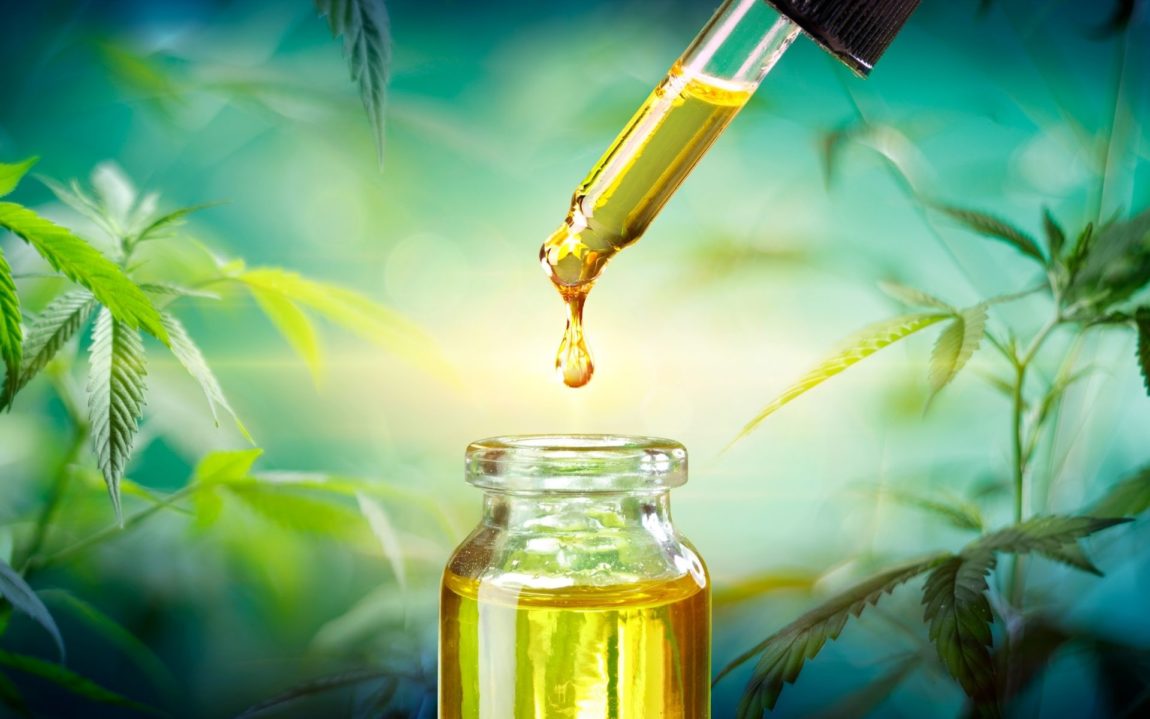If you’ve ever wondered how long THC stays in your system, you’re not alone. It’s a common question asked by many people who consume cannabis for medical and recreational purposes. The answer, however, is not so simple. The length of time depends on several factors, including your body type (skinny or fat), how much THC you’ve consumed, and how often you consume it.
In this blog post, we’ll explore how long THC stays in your system and what factors influence its length of stay. We’ll also offer some tips on how to get THC out of your system faster if you need to.
So, let’s dive in and learn more about THC and how long it stays in your system.
What is THC?
THC, or tetrahydrocannabinol, is the primary psychoactive compound in cannabis. It’s what gives users the “high” feeling associated with marijuana use. THC binds to cannabinoid receptors in the brain and alters the user’s perception, mood, and memory.
How Does the Body Store THC?
When someone smokes or ingests cannabis, THC enters the bloodstream and eventually makes its way to the brain. There, it binds to cannabinoid receptors and alters neurotransmitter release, leading to the psychoactive effects associated with being “high.”
THC is then metabolized by the liver and excreted in the urine. However, THC is a lipophilic compound, meaning that it dissolves in fat. As a result, it can be stored in body fat and released back into the bloodstream over time.
This storage process is why THC can remain detectable in urine long after someone has stopped using cannabis.
 How Long Does THC Stay in Your System? Skinny vs Fat Body
How Long Does THC Stay in Your System? Skinny vs Fat Body
Since THC is stored in body fat, the amount of time it stays in your system can vary depending on your body type. Generally speaking, those with a higher percentage of body fat will store THC for a longer period of time than those with a lower percentage of body fat.
For example, a 2012 study found that THC was detectable in the urine of obese individuals for up to 77 days after they had last used cannabis. In contrast, the study found that THC was only detectable in the urine of lean individuals for up to 17 days after they had last used cannabis.
So, if you’re wondering how long THC will stay in your system, body fat is a major factor to consider.
What Factors Determine How Long THC Stays in Your System?
Now that we know that body fat plays a role in how long THC stays in your system, let’s look at some other factors that can influence its length.
Body type: As we mentioned, THC is stored in body fat. So, those with a higher percentage of body fat will store THC for a longer period of time than those with a lower percentage of body fat.
Metabolism: THC is metabolized by the liver and excreted in the urine. The rate at which this happens can vary from person to person, depending on factors like liver function and overall health. Those with faster metabolisms will generally clear THC from their system more quickly than those with slower metabolisms.
Frequency of use: The more often someone uses cannabis, the longer THC will stay in their system. This is because chronic users tend to build up a tolerance to THC, and their bodies become more efficient at storing it in fat cells.
Amount used: The amount of THC consumed can also influence how long it stays in the system. In general, larger doses will take longer to metabolize and excrete than smaller doses.
The potency of cannabis: The THC content of the cannabis can also play a role. Higher-potency strains will result in higher concentrations of THC in the body, and it will take longer to metabolize and excrete.
These are just a few factors that can affect how long THC stays in your system. Now let’s take a look at the average detection times for different methods of THC consumption.
 How Long Does THC Stay in Your System?
How Long Does THC Stay in Your System?
The table below shows the average detection times for THC in different types of drug tests.
| Test Type | Detection Time |
|---|---|
| Urine Test | 1-30 days |
| Hair Test Up to 90 days | Up to 90 days |
| Blood Test | Up to 24 hours |
| Saliva Test | 1-10 days |
As you can see, the detection time for THC can vary depending on the type of test used. Urine tests are the most common, and they can detect THC for up to 30 days after last use. Hair tests are less common, but they can detect THC for up to 90 days. Blood tests are the least common, and they can only detect THC for up to 24 hours. Saliva tests are becoming more common, and they can detect THC for up to 10 days.
How to Get THC Out of Your System Faster
If you need to get THC out of your system quickly, there are a few things you can do to speed up the process. Below are some of the most effective methods:
Increase your water intake: Drinking more water will help to flush THC out of your system. Aim for eight glasses of water per day or more if you can.
Exercise: Exercise helps to increase your metabolism, which will speed up the process of THC metabolization and excretion.
Eat healthy foods: Eating a healthy diet will help to improve your liver function, which will in turn help to metabolize and excrete THC more quickly. A diet heavy on leafy greens is especially effective.
Get plenty of rest: Getting enough sleep is crucial for overall health and well-being. It will also help improve your liver function, which will help to metabolize and excrete THC more quickly.
There are several things you can do to speed up the process of THC metabolization and excretion. Drinking plenty of water, exercising, eating a healthy diet, and getting enough sleep are all effective methods.
Conclusion
THC can stay in your system for various amounts of time, depending on a number of factors. The most important factor is your body type and metabolism. Those with a higher percentage of body fat and a slower metabolism will store THC for a longer period of time than those with a lower percentage of body fat and a faster metabolism.
The type of test used to detect THC is also a factor. Urine tests are the most common, and they can detect THC for up to 30 days after last use.
You can reduce the amount of time THC stays in your system by drinking plenty of water, exercising, eating a healthy diet, and getting enough sleep. These methods will help to improve your liver function and metabolism, which will in turn help to metabolize and excrete THC more quickly.



No Comments